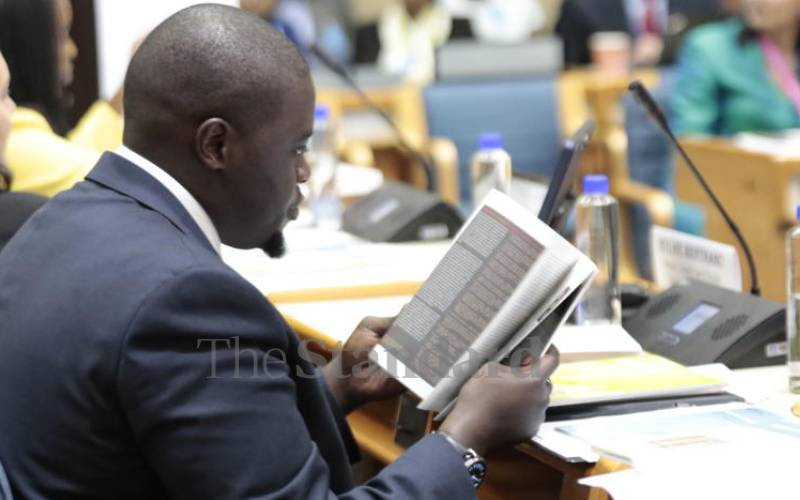×
The Standard e-Paper
Kenya’s Boldest Voice

The circus surrounding the Nairobi Senator Johnson Sakaja continues to swirl, with a Ugandan court prohibiting a probe into a claim that he falsified a certificate purporting that he graduated with a degree from Team University.
Team University went to court to seek the injunction.